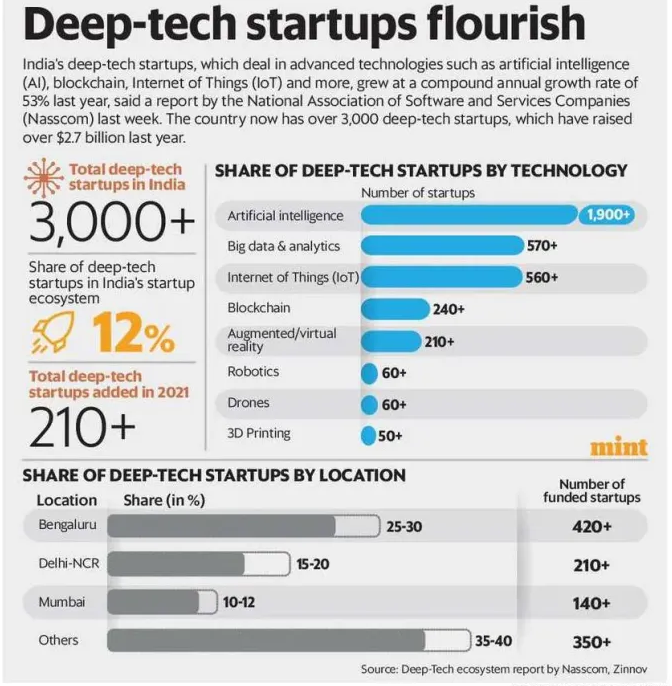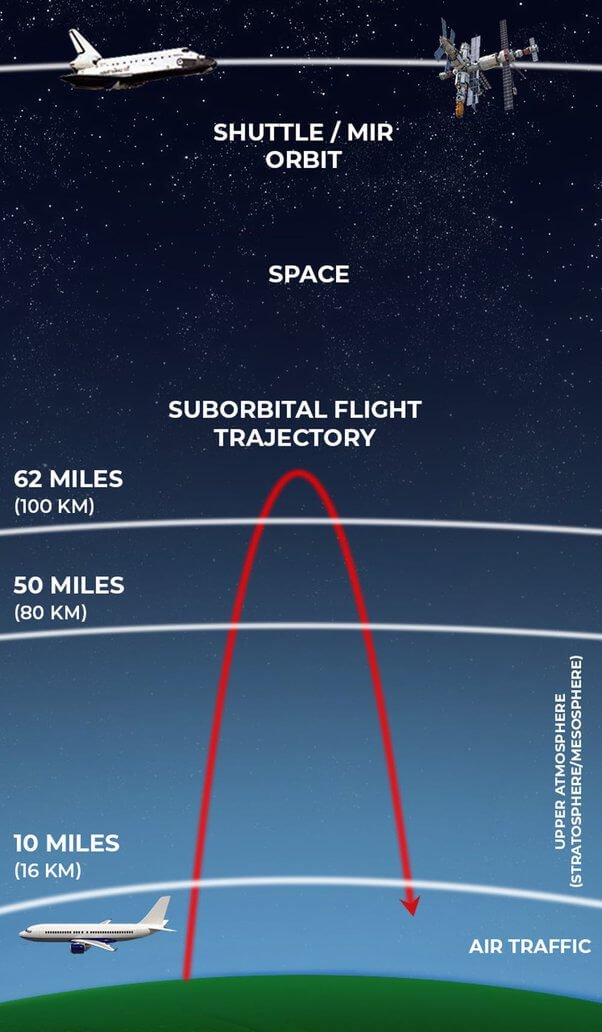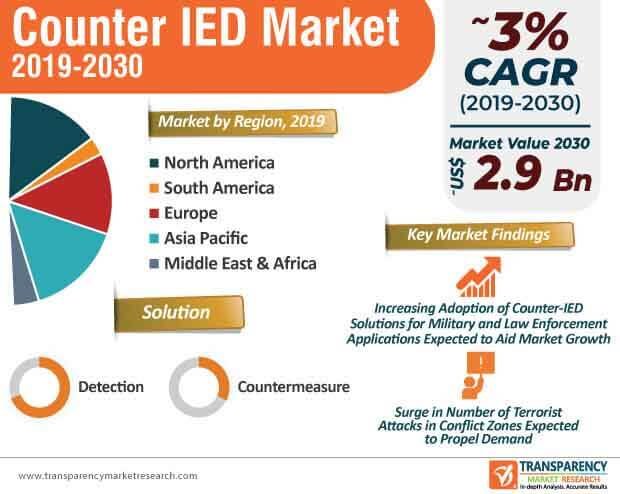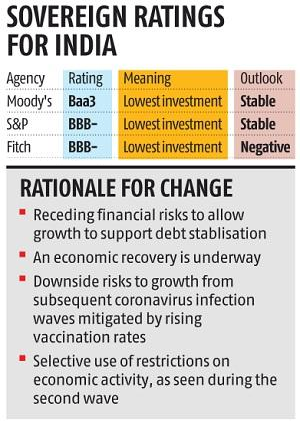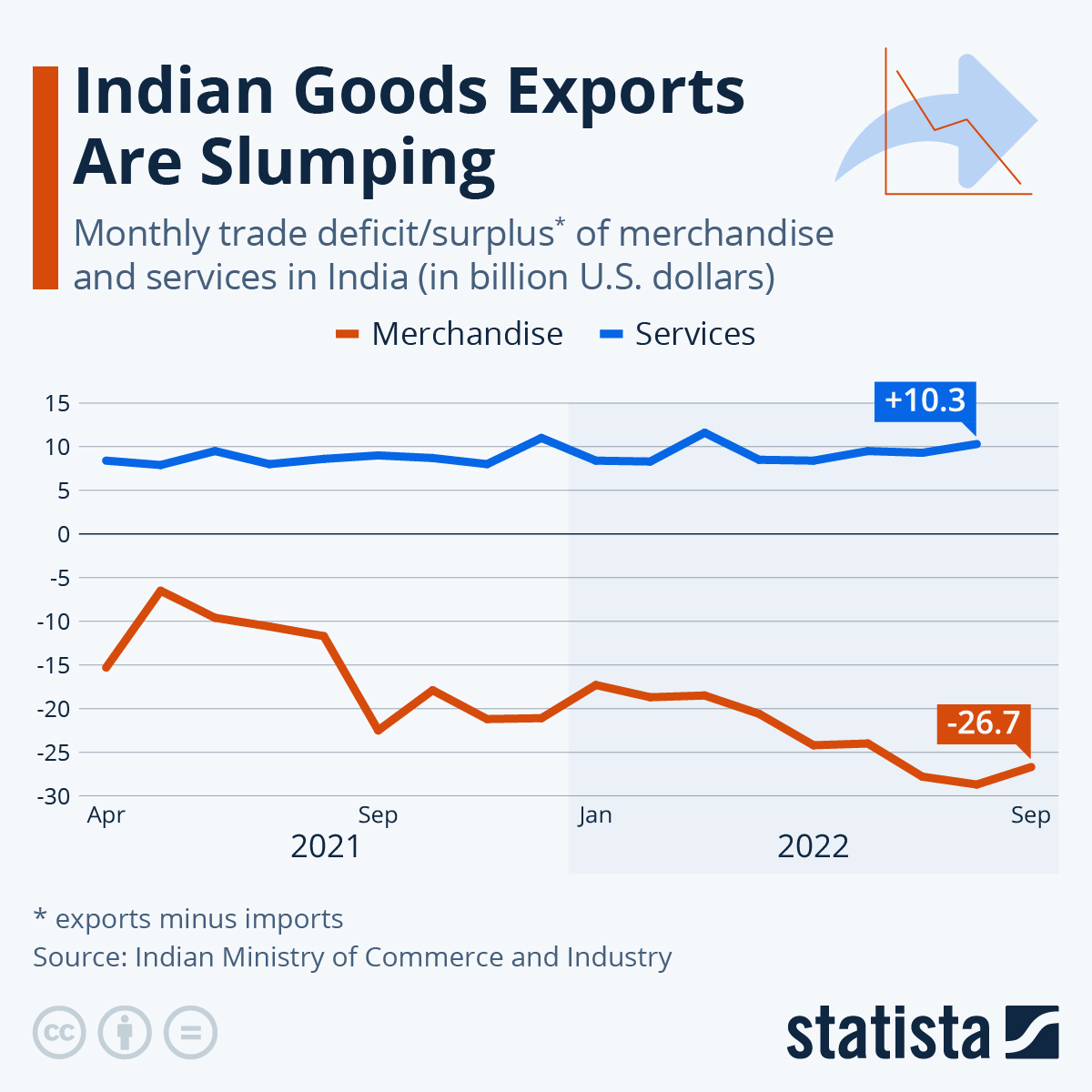
Regulating AI
Subscribers of "Current Affairs" course can Download Daily Current Affairs in PDF/DOC
Subscribe to Never Miss an Important Update! Assured Discounts on New Products!
Must Join PMF IAS Telegram Channel & PMF IAS History Telegram Channel
- Context (TH): The artificial intelligence (AI) space has seen certain developments that have been crucial to its regulation in recent years.
Need for AI regulation
- Risks associated with AI systems and the urgent need to promote responsible use of AI.
- It was recognised that unethical and improper use of AI systems would impede the achievement of the 2030 Sustainable Development Goals (SDGs).
- The plausible adverse impact of AI on the workforce also calls for regulation.
For more information, visit > Need for Regulating AI.
UNGA resolution on AI regulation
- In March 2023, UNGA approved the first United Nations resolution on artificial intelligence.
- It supported international efforts to ensure that the powerful new technology benefits all nations, respects human rights, and is “safe, secure, and trustworthy.“
- Sponsored by the US and co-sponsored by 123 countries, including China, was adopted by consensus.
- Aims to close the digital divide between rich developed countries and poorer developing countries.
- It also aims to ensure that developing countries have the technology and capabilities to take advantage of AI’s benefits, including detecting diseases, predicting floods, helping farmers, and training the next generation of workers.
EU’s approach
- The EU recently passed the AI Act, establishing rules and regulations governing AI systems.
- Risk-based approach: Categorises systems into four categories, namely unacceptable, high, limited, and minimal risks, and prescribing guidelines for each.
- Absolute ban on applications that risk citizens’ rights, including manipulation of human behaviour, emotion recognition, mass surveillance, etc.
- Allows exemptions for law enforcement with prior judicial/administrative authorisation.
- The compliance burden is placed on business enterprises and start-ups.
China’s stand on AI
- It focuses on prompting AI tools and innovation while safeguarding against any future harm to the nation’s social and economic goals.
- Three focus issues — content moderation, personal data protection and algorithmic governance.
- Content moderation: This includes the identification of content generated through any AI system.
- Personal data protection: Specific focus on the need to procure users’ consent before accessing and processing their data
- Algorithmic governance: A focus on security and ethics while developing and running algorithms over any gathered dataset.
U.K.’s Framework
- A principled and context-based approach requires mandatory consultations with regulatory bodies, expanding its technical know-how and expertise.
- U.K. resorts to a decentralised and more soft law approach rather than opting to regulate AI systems through stringent legal rules.
- Earlier, United States and the United Kingdom signed an agreement to work together to develop tests for the most advanced artificial intelligence (AI) models, effective immediately.
India’s Position
- India AI mission was approved to further its AI ecosystem through enhanced public-private partnerships and promote the start-up ecosystem.
- Ministry of Electronics and Information Technology (MeitY) issued an advisory to the AI industry.
- India’s response must align with its commitment towards the SDGs while ensuring economic growth.
- Gradual phase-led approach appears more suitable for India’s efforts towards a fair & inclusive AI.
To know more, visit > Artificial Intelligence.





![PMF IAS Environment for UPSC 2022-23 [paperback] PMF IAS [Nov 30, 2021]…](https://pmfias.b-cdn.net/wp-content/uploads/2024/04/pmfiasenvironmentforupsc2022-23paperbackpmfiasnov302021.jpg)
